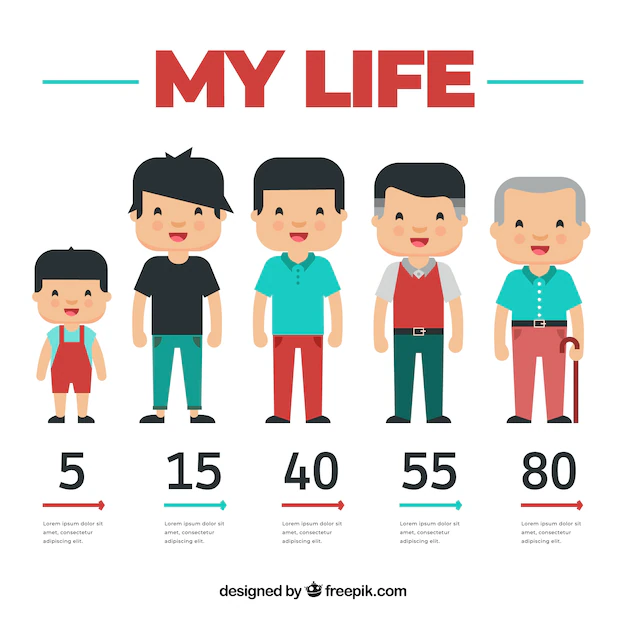The Pillars on 5 Best Theories of Community Psychology with Examples

Community psychology encompasses a diverse array of theories that inform understanding and action within communities. These theories serve as guiding frameworks for addressing social issues, promoting well-being, and fostering community empowerment. In this article, we delve into some of the best theories of community psychology, providing examples of how they have been applied to create positive change in communities around the world.

The Pillars on 5 Best Theories of Community Psychology with Examples
- Ecological Systems Theory:
Ecological systems theory, proposed by Urie Bronfenbrenner, emphasizes the dynamic interplay between individuals and their environments at multiple levels. This theory identifies five environmental systems – microsystem, mesosystem, exosystem, macrosystem, and chronosystem – that influence individual development and behavior.
Example: A community-based intervention targeting childhood obesity may use ecological systems theory to examine factors at different levels, such as family dynamics (microsystem), school policies (exosystem), neighborhood resources (macrosystem), and cultural norms (chronosystem), to develop comprehensive strategies for promoting healthy lifestyles among children.
- Social Capital Theory:
Social capital theory posits that social networks, relationships, and norms within communities have inherent value and contribute to individual and community well-being. This theory highlights the importance of trust, reciprocity, and social cohesion in fostering resilience and promoting collective action.
Example: A neighborhood association in a low-income community may leverage social capital theory to strengthen social ties among residents through social events, neighborhood clean-up initiatives, and mutual support networks. By building social connections and fostering trust, the association can empower residents to address common challenges and advocate for their needs.
- Empowerment Theory:
Empowerment theory emphasizes the importance of empowering individuals and communities to take control of their lives, advocate for their rights, and effect social change. This theory focuses on enhancing individual and collective strengths, promoting participatory decision-making, and challenging systems of oppression.
Example: A grassroots organization working with immigrant communities may apply empowerment theory principles to facilitate leadership development, civic engagement, and advocacy training. By empowering community members to voice their concerns and mobilize for change, the organization can address issues such as immigration reform, language access, and cultural integration.
- Community Resilience Theory:
Community resilience theory explores how communities adapt, thrive, and bounce back in the face of adversity and trauma. This theory emphasizes the importance of social support, community cohesion, and adaptive capacities in promoting resilience and recovery.
Example: Following a natural disaster, such as a hurricane or earthquake, community resilience theory may inform disaster response efforts by prioritizing community-led initiatives, building social networks, and strengthening infrastructure to support disaster preparedness, response, and recovery. By fostering resilience at the community level, communities can better withstand and recover from disasters.
- Social Justice Theory:
Social justice theory focuses on addressing systemic inequalities, discrimination, and oppression to promote fairness, equity, and inclusion within communities. This theory emphasizes the importance of challenging power structures, advocating for marginalized groups, and promoting social change.
Example: A community organization dedicated to racial justice may apply social justice theory to advocate for policy reforms, organize protests, and facilitate dialogue and education on issues such as police brutality, mass incarceration, and racial disparities in access to resources and opportunities. By working towards systemic change, the organization aims to create a more just and equitable society.
Conclusion
These theories of community psychology provide valuable frameworks for understanding and addressing social issues, promoting well-being, and fostering community empowerment. By applying these theories in practice and tailoring interventions to the unique strengths and needs of communities, community psychologists can make a meaningful impact in creating positive change and promoting social justice for all.







